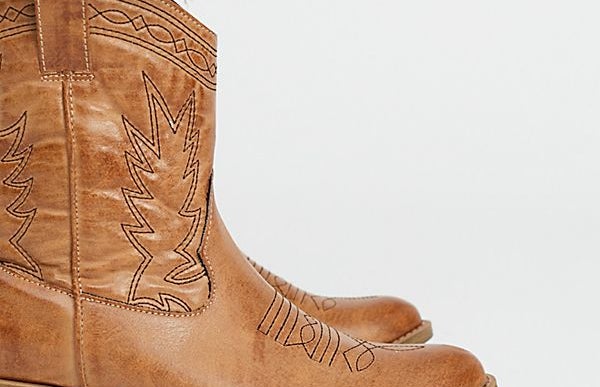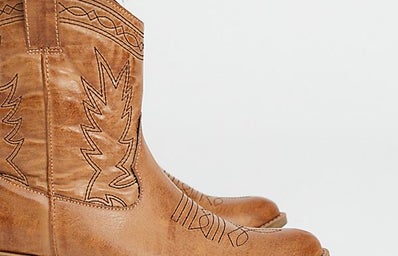Let’s cut straight to the point: country music is disliked by many. That’s not to discredit a whole population of country music lovers, but it’s widely known to be an incredibly polarizing topic.
The biggest gripe many have with modern country music is its lack of relatability. The patriotic, freedom-loving, beer-drinking, not-so-subtle hints of female objectification themes embedded within the music dominate radio stations, but don’t have much mass appeal. However, it wasn’t always that way; country music’s origins are deeply intertwined with movements that are historically progressive and inclusive.
In the 60s and 70s social movements like civil rights, women’s liberation, environmentalism, as well as conversations about class, poverty, masculinity, immigration and anti-war sentiment were on the rise; and country music began to reflect that. Artists like Willie Nelson, Johnny Cash, Loretta Lynn, Woodie Guthrie, and many more made up what is known as “outlaw country,” This serves as a subgenre of country music that counteracts the south’s long history of traditionalism and conservatism.
That go-against-the-grain country subgenre flourished, even in the 80s and 90s with the leading supergroup The Highwaymen, a group made up of outlaw country’s greatest stars.
However, country music took a sharp turn at the beginning of the 21st century. Following 9/11, country music’s biggest stars, who were predominantly male, like Toby Keith, Hank Williams Jr. and Charlie Daniels turned country music into what it’s known as today. Themes of patriotism, Christianity, military, nationalism and other very pro-America sentiments were common themes throughout most early 2000s country songs.
Despite the new conservative era of country music, some artists pushed back.
At a concert in London, in 2003, Natalie Maines, the lead singer of the popular country group The Chicks, told the crowd her disapproval of George Bush’s decision to invade Iraq. Her words sent shockwaves through country music, and the band became blacklisted from country radio stations, conservative brands and other artists. After years of struggling sales, and both literal and metaphorical radio silence, The Chicks released “Not Ready To Make Nice”, a song in which they double down on their anti-war sentiment and refuse to apologize for their progressive stance.
The Chicks set a defining precedent for progressive country artists, but more importantly, for women’s voices who have historically been silenced and ignored in country music for years.
Nearly a decade later, enter Kacey Musgraves.
With her albums “Same Trailer Different Park” and “Golden Hour”, Musgraves expands the boundaries of country music’s often rigid edges. She speaks freely about female double standards in “Follow Your Arrow”, regret in “Merry Go ‘Round”, self-worth in “Oh, What A World” and taking life slowly in “Slow Burn”. Musgraves has also discussed using recreational drugs to help bring her closer to her music and the environment around her.
Her ability to transform country music and make it relatable and interesting for the new generation makes her a pioneer in modern music.
Akin to the previously mentioned Highwaymen, some of country music’s most successful female stars, Brandi Carlile, Marren Morris, Amanda Shires and Natalie Hemby formed The Highwomen. Their songs tackle an array of issues: the highs and lows of motherhood in “My Name Can’t Be Mama”, inclusivity and acceptance in “Crowded Table” and even a song about two cowgirls in love in “If She Ever Leaves Me”. One of their most iconic songs, “Highwomen”, which features Yola, includes tributes to the Freedom Riders, the Sandinistas, the working class and women who were victims of the Salem Witch Trials.
Without these women and countless others, country music would lack the imaginative and inclusive sound it possesses today. If you’re avoiding country music because your mind goes to bro-country or the same, tired, stereotypical songs, then give Kacey Musgraves, The Highwomen, or The Chicks a try.

